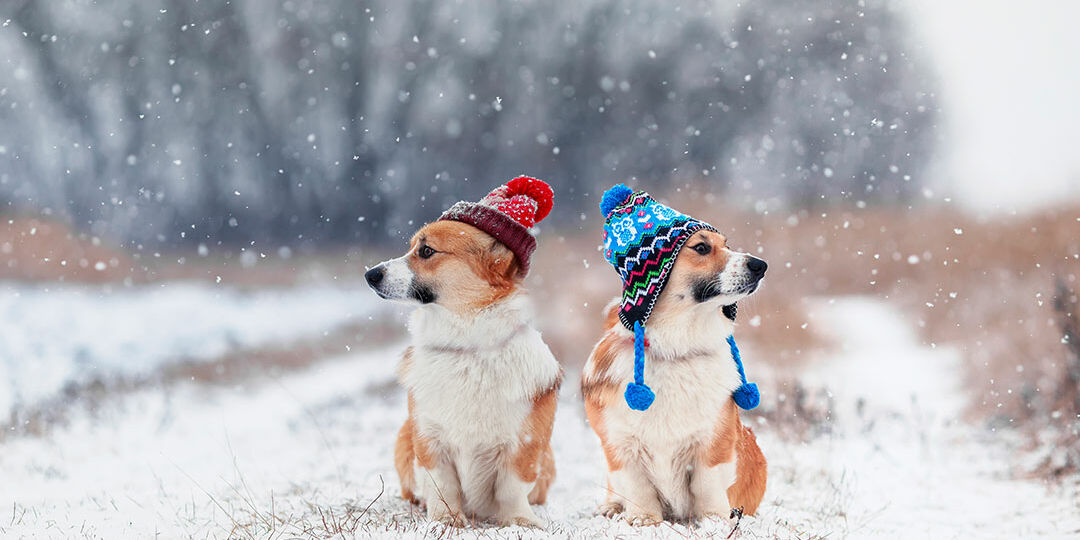
While it’s a picturesque scene for us, winter can pose challenges for our furry friends. As the temperatures drop, pet owners need to pay special attention to their pets’ grooming routines to ensure they stay healthy and comfortable. Winter pet grooming goes beyond aesthetics; it’s a vital aspect of ensuring your furry friend stays happy and healthy during the colder months. By incorporating these 6 tips into your grooming routine, you can create a winter care regimen that keeps your pet comfortable and thriving in the face of frosty weather.
1. Brushing Matters
Winter is notorious for dry air, and this can lead to an increase in shedding for many pets. Regular brushing helps remove loose fur and prevents matting, keeping your pet’s coat clean and healthy. Additionally, it stimulates the skin and promotes blood circulation, contributing to a glossy and well-maintained fur coat. Invest in a good quality brush suitable for your pet’s coat type. Dogs with longer hair may benefit from slicker brushes, while short-haired breeds might do well with bristle brushes. Cats, on the other hand, may prefer grooming gloves for a gentler touch.
2. Bathing with Care
While it’s tempting to give your pet a warm bath during the winter, it’s crucial to be mindful of the frequency. Bathing too often can strip your pet’s skin of essential oils, leading to dryness and irritation. Choose a mild, moisturizing pet shampoo and make sure to completely dry your pet after the bath, as damp fur can contribute to cold-weather discomfort. If you’re hesitant about a full bath, consider using pet wipes for a quick clean. Focus on areas that tend to get dirty, such as paws and belly, to keep your pet fresh without the need for a full bath.
3. Protect Those Paws!
Winter means icy sidewalks and roads treated with salt or chemicals. These substances can be harsh on your pet’s paws, causing irritation and discomfort. Before heading out for a winter walk, consider applying a protective balm to your pet’s paw pads. This creates a barrier against the cold and prevents salt from sticking to their feet. Upon returning home, wipe your pet’s paws with a damp cloth to remove any residual salt or chemicals. This not only protects their paws but also prevents them from ingesting harmful substances when they groom themselves.
4. Mind the Moisture
Indoor heating can lead to a dry environment, affecting both humans and pets. To counteract this, consider using a humidifier in your home. The added moisture helps prevent your pet’s skin from drying out and reduces the risk of dandruff and itching. Additionally, make sure your pet has access to fresh water at all times. Hydration is essential for overall health, and it becomes even more crucial in dry winter conditions.
5. Dress for Success
While some pets have thick fur coats, others may need a little extra help staying warm during winter outings. Consider investing in a cozy and weather-appropriate pet sweater or jacket. This is especially important for smaller or short-haired breeds that are more susceptible to the cold. Ensure that the clothing fits properly, covering your pet’s body without restricting movement. This extra layer not only provides warmth but also protects against the winter chill.
6. Regular Vet Check Ups
Winter brings its own set of health challenges, and staying on top of your pet’s overall well-being is crucial. Schedule regular check-ups with your veterinarian to address any potential issues before they become serious. This is also an opportunity to discuss your pet’s specific needs during the winter months, including dietary adjustments or supplements that may be beneficial.